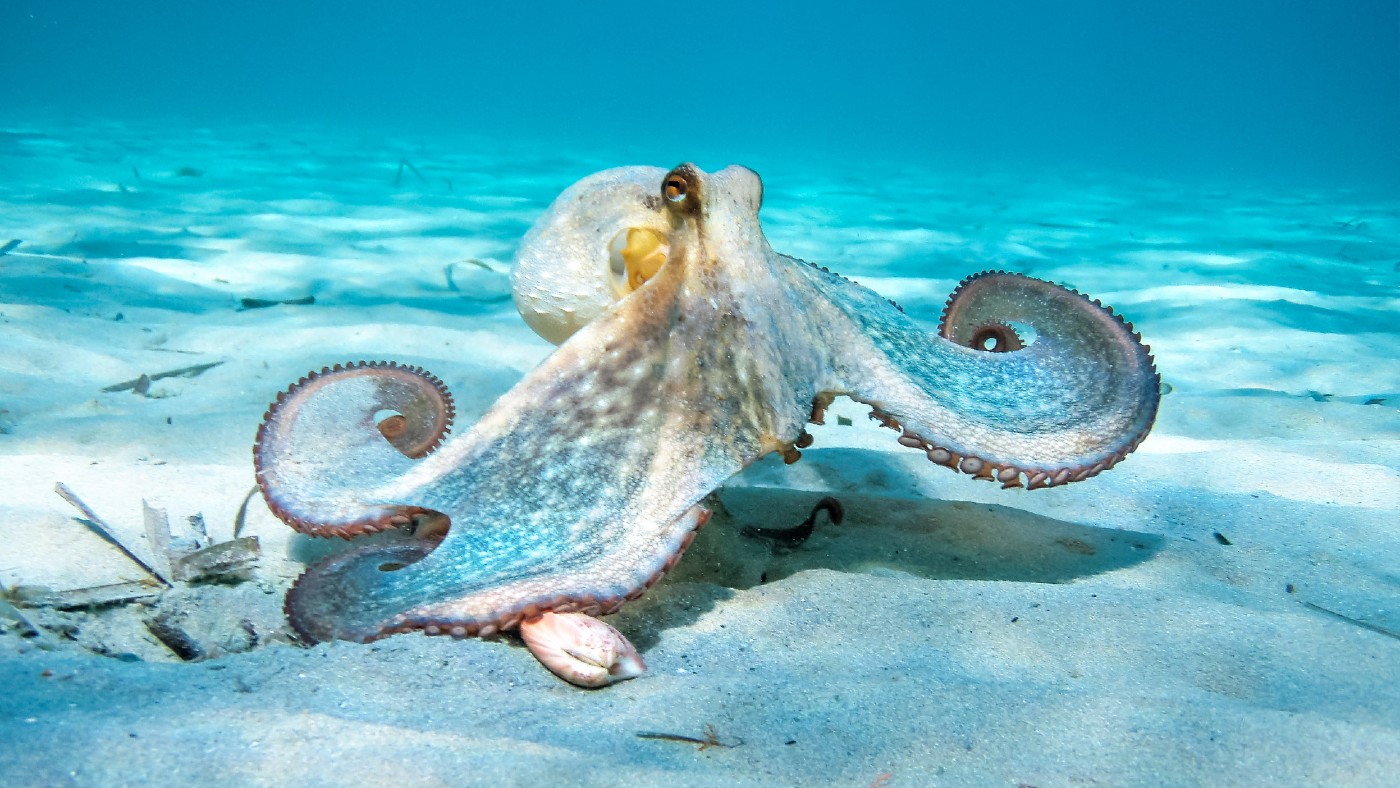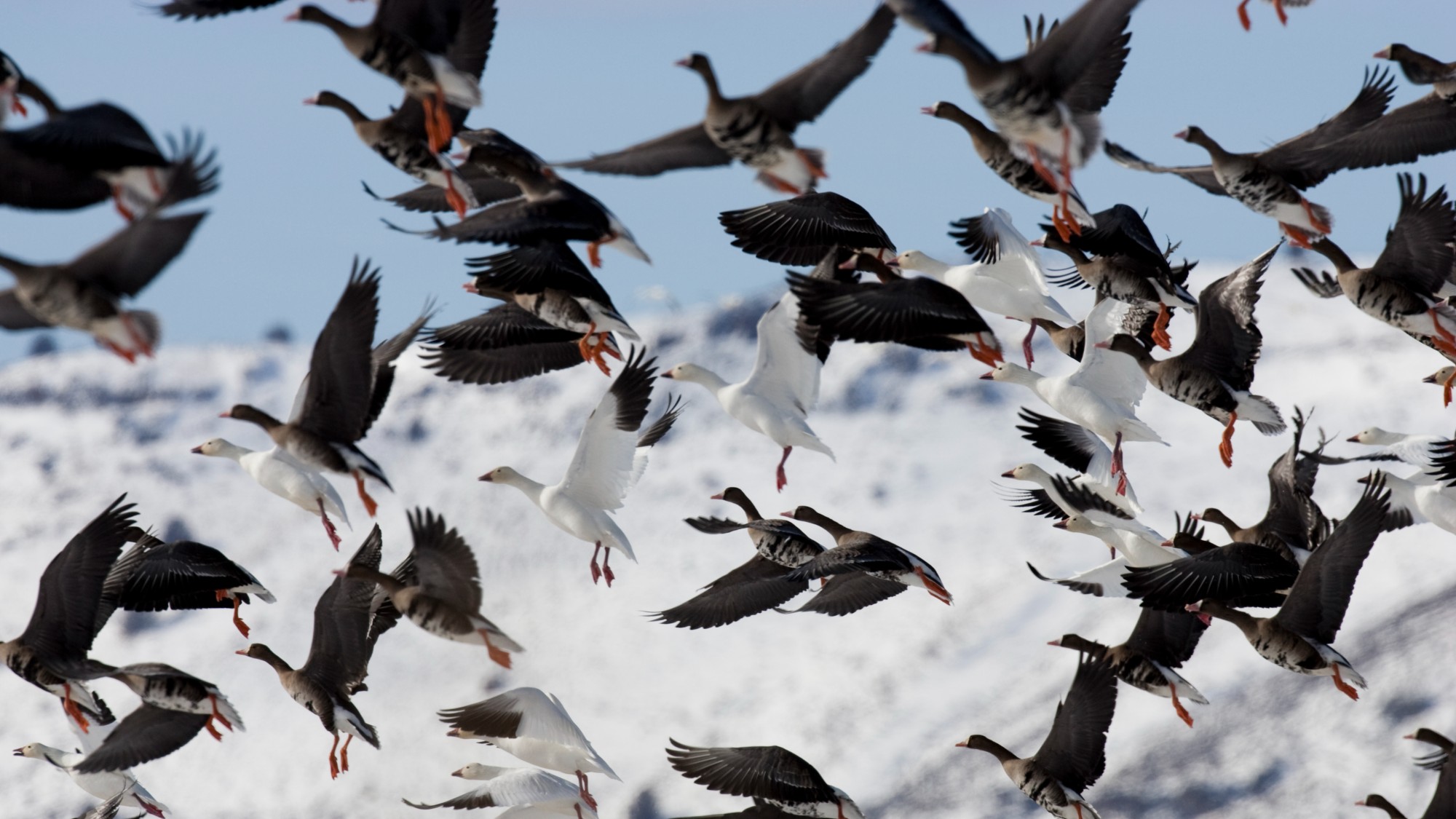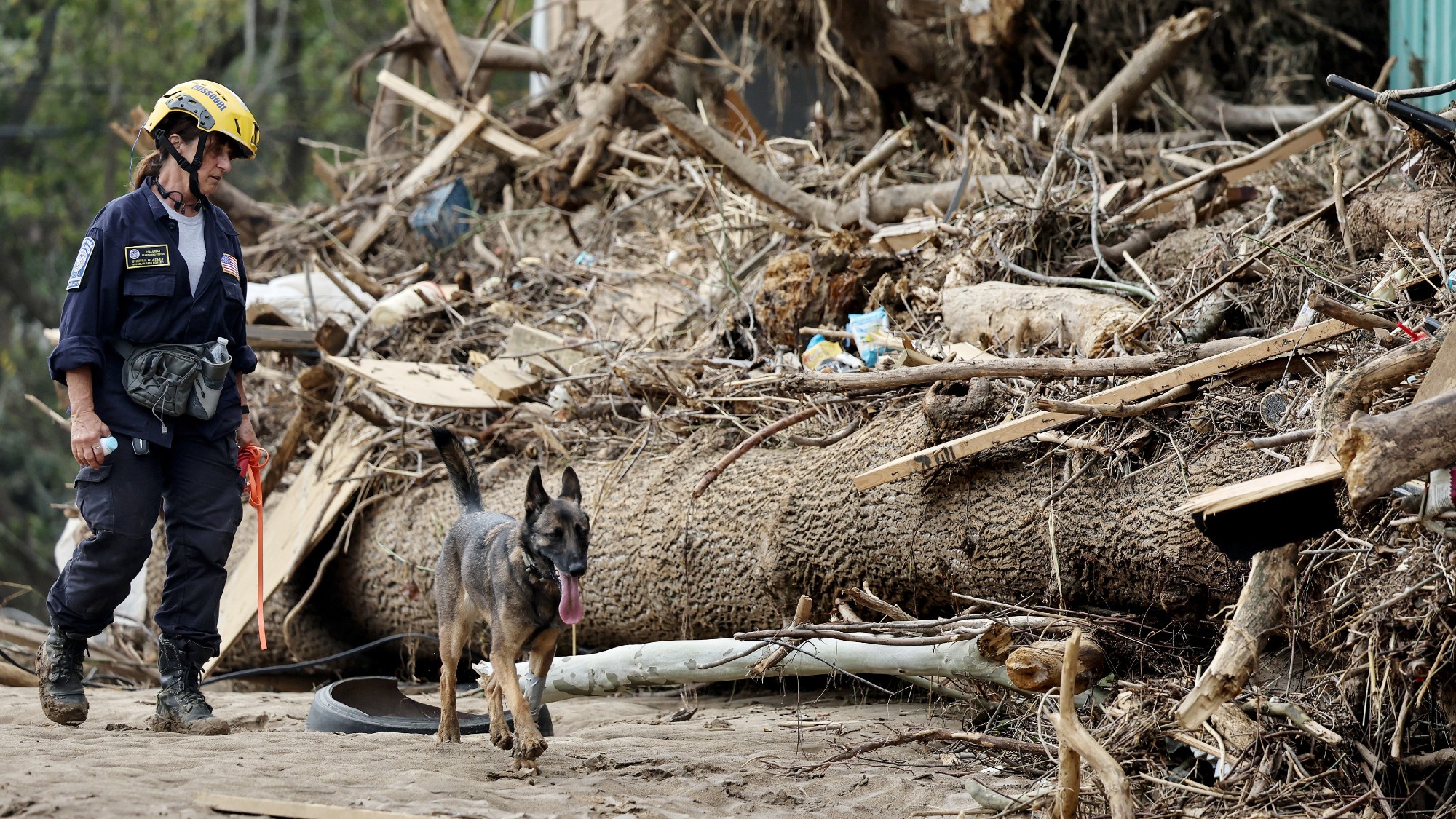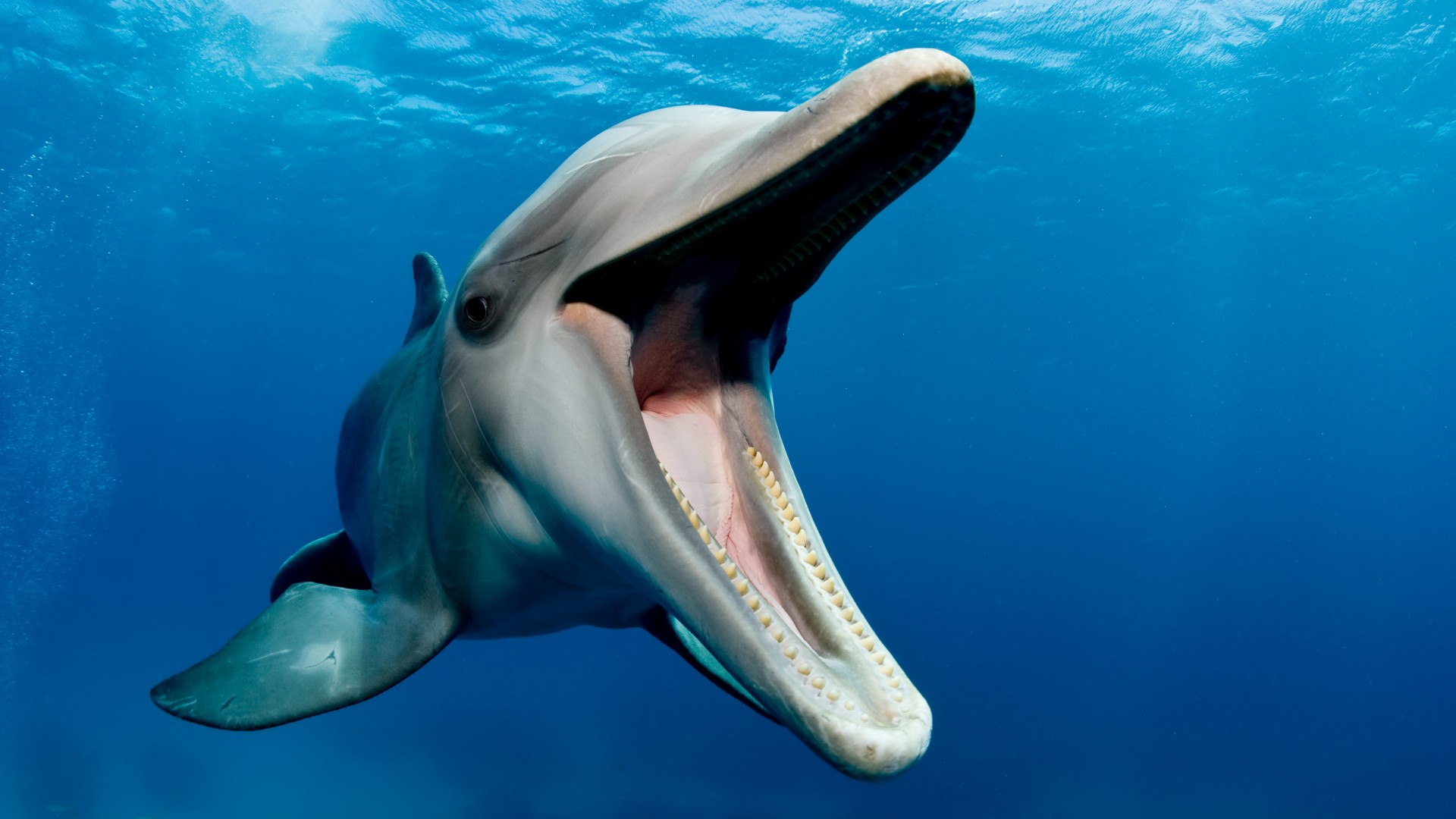Octoculture: why is the world’s first octopus farm so controversial?
Spanish firm’s plans have been met with fierce resistance from campaigners and scientists

A free daily email with the biggest news stories of the day – and the best features from TheWeek.com
You are now subscribed
Your newsletter sign-up was successful
Octopus is eaten as a delicacy, mainly in the Mediterranean, the US and Asia. (In the South Korean dish sannakji, live octopus is cut up and served raw, still wriggling on the plate.) It fetches high prices and the world’s appetite for it is growing: an estimated 350,000 tonnes of octopus is caught each year, more than ten times the amount caught in 1950.
Wild stocks are under threat: the world’s biggest octopus fisheries, off the Atlantic coast of north Africa and Spain, are “over-exploited”, according to the UN Food and Agriculture Organisation. In the Mediterranean, recent studies suggest that stocks are in a critical condition.
But now the Spanish company Nueva Pescanova is opening the world’s first commercial octopus farm at an inland site at Las Palmas in the Canary Islands. It aims to bring octopus meat to market by this summer, and to produce 3,000 tonnes by 2026 (10% of the amount landed by Spanish fishermen).
The Week
Escape your echo chamber. Get the facts behind the news, plus analysis from multiple perspectives.

Sign up for The Week's Free Newsletters
From our morning news briefing to a weekly Good News Newsletter, get the best of The Week delivered directly to your inbox.
From our morning news briefing to a weekly Good News Newsletter, get the best of The Week delivered directly to your inbox.
Why has no one farmed them before?
Practical problems have thwarted attempts to breed octopuses in captivity. The main one is sustaining its delicate larvae, which only eat live food and need a carefully controlled environment. As a result, “octoculture” has hitherto mostly involved “ranching”: growing wild-caught octopuses to market size in aquatic pens.
Physically, they aren’t well suited to being kept in confined spaces. Their boneless, eight-legged bodies have no fixed shape: the largest species, the Giant Pacific, can reach an arm span of six metres and a weight of 100 pounds, but can fit through openings an inch wide. Some have been known to lift their aquarium tank lids to escape, in some cases travelling over dry floors to the nearest drain.
Nueva Pescanova now thinks it has won the race to overcome these problems – beating competitors in Australia, Mexico and Japan. However, the firm’s plans have met with fierce resistance from campaigners and scientists.
What are the objections?
Many cite long-standing criticisms of factory farming and aquaculture: the stress and monotony of confinement; the high disease and mortality rates; the excessive use of antibiotics and pesticides.
A free daily email with the biggest news stories of the day – and the best features from TheWeek.com
However, many concerns focus specifically on the octopuses themselves – which are “particularly ill-suited to a life in captivity and mass-production, for reasons both ethical and ecological”, according to “The Case Against Octopus Farming”, a much-cited 2019 paper in the journal Issues in Science and Technology.
The creatures consume about three times their weight in food a day, and are fed on mussels, prawns, crab and fish which could less wastefully be eaten by humans. They are highly territorial and anti-social by nature: they live in solitary dens, eat rival octopuses, and even mate from a distance (males extend a single arm with a sperm packet towards females). But perhaps the biggest criticism of farming them centres on their unique brains.
What’s unusual about their brains?
There is no clear distinction between the octopus’s brain and its body. They have half a billion neurons – about as many as a dog (humans have one hundred billion) – two-thirds of which are in their arms. Each arm can intelligently act on its own, is capable of taste and smell, and exhibits short-term memory. Even a surgically detached arm can reach and grasp, avoid painful stimuli and, like fully formed octopuses, change colour; yet the central brain retains executive control of the arms.
Last year, a UK government-commissioned review by the London School of Economics concluded that octopuses and squid are fully sentient, like vertebrates – i.e. they have the capacity to have feelings, such as pleasure, pain, distress or harm. The new Animal Welfare (Sentience) Bill reflects this. The review also suggested a pre-emptive ban on farming octopus.
How intelligent are octopuses?
They’re amazingly bright: in the lab, they’ve been shown to be able to navigate mazes and unscrew jars and child-proof bottles to get food. They can solve problems, learn, use tools, and even show a capacity for mimicry, deception and – possibly – humour.
One study showed that once they’ve solved a novel problem – unscrewing a jar, say – they can retain a memory of the solution for at least five months. Research has also shown they can recognise individual humans and will respond differently to different people, greeting some with a caress of the arms, and spraying others with ink through their siphons.
What do advocates of farming say?
They point to soaring demand: between 2010 and 2019, the global trade rose in value from $1.30bn to $2.72bn – though landings only rose by 9% in that time. “If we want to continue consuming octopus we have to look for an alternative... because fisheries have already reached their limit,” said Eduardo Almansa of Spain’s Oceanography Institute, which developed technology used by Nueva Pescanova.
And octopuses do have some characteristics that make them attractive for aquaculture: their lifespans are short (usually one or two years), and they grow quickly.
What’s the likely upshot?
Plans for the farm are going ahead, but activists are pushing hard against it. “These animals are amazing,” said Dr Elena Lara of Compassion in World Farming. “So to put them in barren tanks... it’s wrong for them.” Popular awareness of octopuses’ intelligence and curiosity has been raised thanks to documentaries such as My Octopus Teacher.
“People have this weird love affair with octopuses,” says biologist Rich Ross at the California Academy of Sciences, in San Francisco, who suggests double standards are at work. “I know those who would never eat them but have no qualms about eating pigs, and there’s abundant evidence that pigs are highly intelligent.”
-
 Bonfire of the Murdochs: an ‘utterly gripping’ book
Bonfire of the Murdochs: an ‘utterly gripping’ bookThe Week Recommends Gabriel Sherman examines Rupert Murdoch’s ‘war of succession’ over his media empire
-
 Gwen John: Strange Beauties – a ‘superb’ retrospective
Gwen John: Strange Beauties – a ‘superb’ retrospectiveThe Week Recommends ‘Daunting’ show at the National Museum Cardiff plunges viewers into the Welsh artist’s ‘spiritual, austere existence’
-
 Should the EU and UK join Trump’s board of peace?
Should the EU and UK join Trump’s board of peace?Today's Big Question After rushing to praise the initiative European leaders are now alarmed
-
 Why broken water companies are failing England and Wales
Why broken water companies are failing England and WalesThe Explainer With rising bills, deteriorating river health and a lack of investment, regulators face an uphill battle to stabilise the industry
-
 Why scientists want to create self-fertilizing crops
Why scientists want to create self-fertilizing cropsUnder the radar Nutrients without the negatives
-
 How will climate change affect the UK?
How will climate change affect the UK?The Explainer Met Office projections show the UK getting substantially warmer and wetter – with more extreme weather events
-
 Are we entering a ‘golden age’ of nuclear power?
Are we entering a ‘golden age’ of nuclear power?The Explainer The government is promising to ‘fire up nuclear power’. Why, and how?
-
 Icarus programme – the ‘internet of animals’
Icarus programme – the ‘internet of animals’The Explainer Researchers aim to monitor 100,000 animals worldwide with GPS trackers, using data to understand climate change and help predict disasters and pandemics
-
 Europe's heatwave: the new front line of climate change
Europe's heatwave: the new front line of climate changeIn the Spotlight How will the continent adapt to 'bearing the brunt of climate change'?
-
 Storm warning: Will a shrunken FEMA and NOAA be able to respond?
Storm warning: Will a shrunken FEMA and NOAA be able to respond?Feature The U.S. is headed for an intense hurricane season. Will a shrunken FEMA and NOAA be able to respond?
-
 Seven wild discoveries about animals in 2025
Seven wild discoveries about animals in 2025In depth Mice have Good Samaritan tendencies and gulls work in gangs